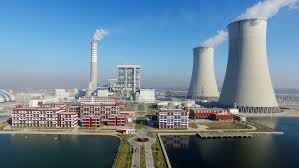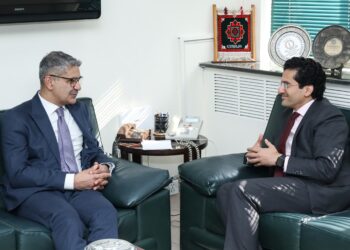ISLAMABAD: The Power Division is awaiting Prime Minister Shehbaz Sharif’s approval to move a summary to the Federal Cabinet seeking a significant revision in net metering buyback rates, citing concerns over mounting costs borne by conventional grid consumers.
Sources told Newzshewz that the proposed rate of Rs 11.33 per kWh aligns with the tariff at which the Central Power Purchasing Agency–Guaranteed (CPPA-G) buys electricity from the Zorlu power project. This marks a steep reduction from current rates, which the Power Division views as “exorbitant” and financially unsustainable.
“We have presented our case to the Prime Minister and are waiting for his nod to proceed,” officials confirmed.
As of now, over 322,000 consumers have installed solar net metering systems across the country. Lahore leads with 25.3% of installations, followed by Rawalpindi (10.8%), Karachi (8.4%), Multan (7.5%), Islamabad (7.2%), Faisalabad (4.8%), Peshawar (3.8%), Sialkot (3.7%), Bahawalpur (3.7%), and Gujranwala (3.6%).
The total installed capacity under net metering has reached 6,500 MW, and the government aims to add another 8,500 MW in the upcoming Indicative Generation Capacity Expansion Plan(IGCEP 2025-35, pending NEPRA’s approval.
However, Power Division officials argue that the current model creates distortions in the electricity market. Those without solar systems are effectively subsidizing the buyback payments to those who do, resulting in growing inequity.
Power Division has also acknowledged that soaring electricity prices have rendered Pakistan’s industry uncompetitive, accelerating the country’s deindustrialization. “Tariffs must become affordable if we are to revive industrial growth,” officials told development partners, while calling surplus power a “good problem” that can be resolved through market-oriented pricing.
The proposed Cabinet summary is expected to include a revised buyback rate, a new billing and settlement mechanism, and updated net metering regulations to address what Power Division calls “distortions caused for grid consumers.” Officials maintain that these changes are necessary to ensure sustainability as solar adoption increases.
On July 10, 2025, Power Minister Sardar Awais Khan Leghari confirmed that the consultative process had concluded and that the summary would present improved terms for Cabinet reconsideration.
“We have already added 6,500 MW to the grid through net metering and created room for another 8,000 MW over the next six years,” he said. “There is no restriction on off-grid solutions—consumers are free to install solar systems for personal use.”
However, he noted that many consumers recover their solar investment in as little as 1.5 years, a return deemed “unjustified” under the current policy framework. The government now aims to extend the payback period to 2–3 years to better balance incentives with affordability for the rest of the population.
While the Minister clarified that there is no intent to penalize solar users, he warned that failure to correct the pricing mechanism could cost grid-connected consumers—including some who also have solar—an additional Rs 3 trillion in electricity bills over the next six years.
“The policy encouraged investment in solar, but the returns have now become unsustainable. Reform is necessary—not punitive,” he emphasized.
Ends















